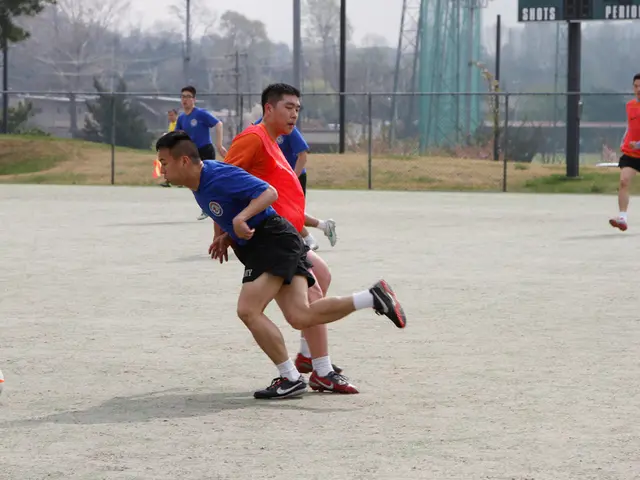Shrewd Decision-Making Offers a Valuable Edge in the Era of Artificial Intelligence
In the era of increasingly prevalent artificial intelligence (AI), the ability for organizations to leverage human judgment becomes more crucial. In an article published in 2018 by Alessandro Di Fiore, Chairman of the Harvard Business Review's Italian division, he emphasized that as AI becomes mainstream, good judgment will not only be important but will become a key competitive differentiator [1].
The rapid development of generative AI has made the technology accessible to a broad range of employees, not just specialists. This expanded access necessitates the importance of human judgment in organizations, as its effectiveness can optimize AI's potential [2]. To take full advantage of AI, companies will need to rethink, not just train, their approach to human judgment. Three essential aspects of judgment in this new era are:
Access
Judgment should not be confined to top executives; rather, an organization's ability to make sound judgments should be accessible to all employees. As information and technology become increasingly accessible, so should the authority to judge effectively. Companies must foster trust and open communication to enable employees to explore the potential of AI tools securely [2].
Judgment
The process of developing sound judgment requires ongoing evaluation in the context of generative AI. The incorporation of AI tools, like chatbots, can facilitate a collaborative human-machine approach. AI tools require human judgment in every stage: before, during, and after an interaction. Successful outcomes hinge on the combination of human and artificial intelligence, making sound judgment a symbiotic process [2]. To fostering this symbiosis, workforces must be provided with the training and reskilling needed to develop good judgment for the AI era.
Control
Traditional top-down control methods are insufficient for managing AI. While complete autonomy is risky, overreliance on strict oversight stifles agility. Moving forward, fostering collective responsibility is essential through the implementation of a code of ethics for AI usage and providing employees with the training on effectively interacting with AI, such as understanding appropriate boundaries and responsible framing [2].
In a world increasingly impacted by AI, good judgment becomes indispensable. Alessandro's work paves the way for a partnership between humans and technology that promotes innovation and progress [3]. The future of AI is in the hands of decision-makers who prioritize collaboration and ethical reasoning while embracing good judgment.
[1] Farri, E., Cervini, P., & Rosani, G. (2023). Good Judgment Is a Competitive Advantage in the Age of AI. HBR 2023/09.[2] Di Fiore, A. (2018). The Importance of Judgment in the Age of AI. Harvard Business Review Italia.[3] Enrichment Data: An AI-driven economy excels in processing data and identifying patterns, but lacks the human aspect of making informed decisions ethically and effectively. Companies that invest in workforce upskilling to develop human judgment skills can leverage these skills to make better decisions and create value that AI cannot replicate. This generates a competitive advantage as employees can apply critical thinking, creativity, and ethical reasoning to AI-driven workflows.
- As artificial intelligence (AI) permeates various sectors, including finance, corporate leadership, and technology, the need for human judgment that optimizes AI potential becomes paramount.
- Given the widespread adoption of generative AI, it is essential for companies to democratize the power of good judgment, allowing all employees access and authority in exploring the full potential of AI tools.
- In the age of AI, sound judgment turns out to be a symbiotic process that combines human and artificial intelligence, paving the way for a harmonious partnership that promotes innovation, progress, and ethical decision-making.








